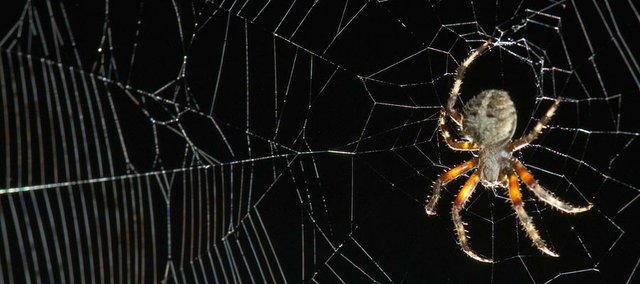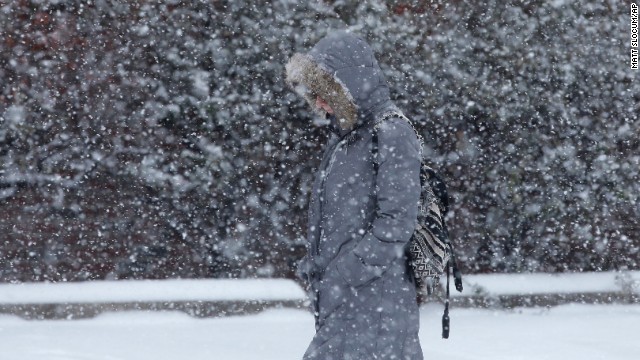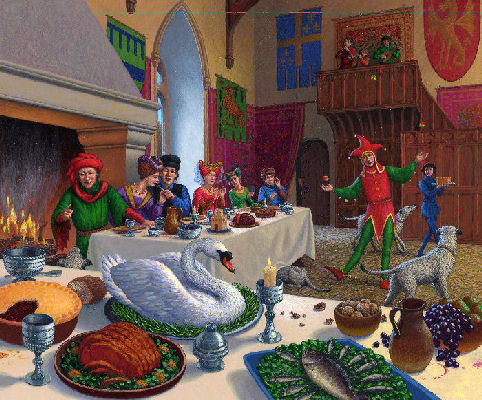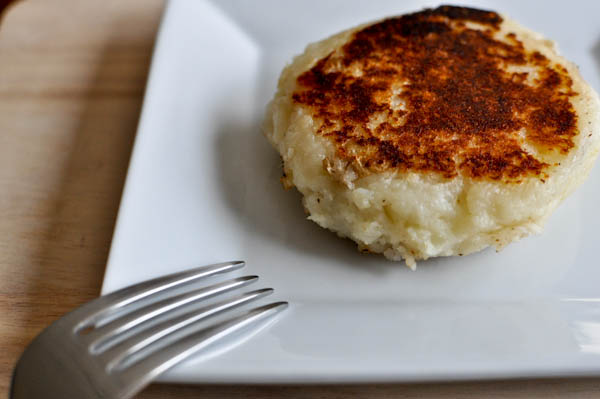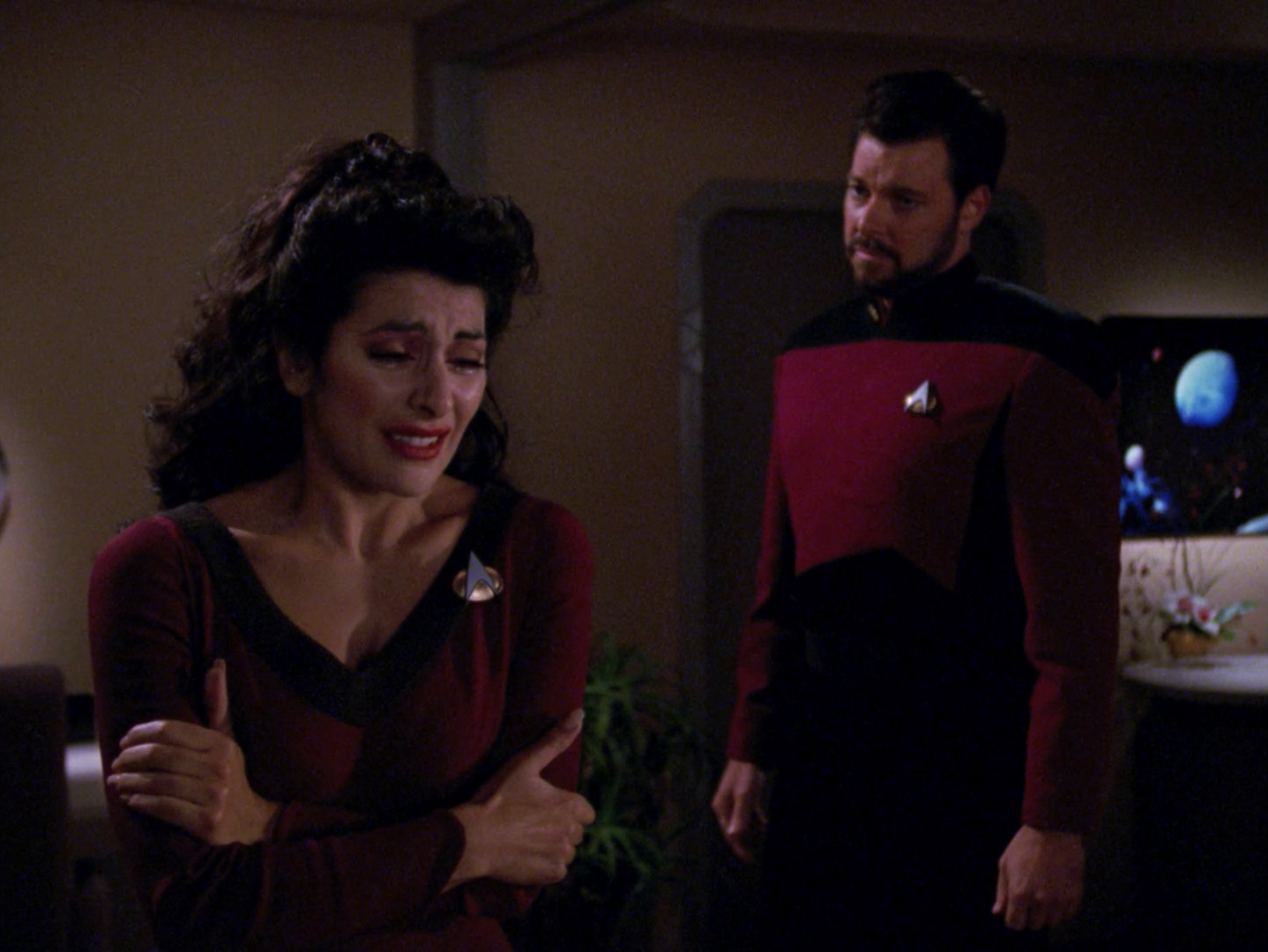I am a born carb eater. I am not kidding when I say that I get weak-kneed at the sight of potatoes. Any potato will do, even reconstituted. And don't mention bread. I'm not strong enough.
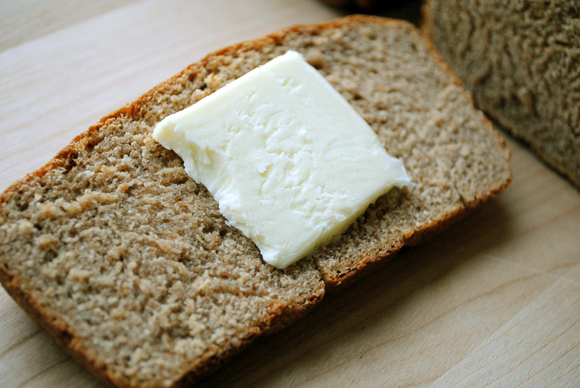 |
| Scrape me off the floor. |
But for the scale-conscious, carbs are austerely limited. Sigh. Fruit instead of cereal for breakfast; vegetable soup rather than pasta for lunch; broccoli instead of rice for dinner.
Protein, they say! Protein will save us all! The thing is, while I have cut back on carbs, I haven't really replaced them with protein. There's only carbs for me; protein doesn't fill the void. I eat fish a couple times a week. A Greek yogurt here and there. But I've been primarily subsisting on produce, healthy fats (nuts, oils, avocados), and legumes with a dusting of carbs (oat bran, Korean/Oriental/Japanese/Asian sweet potato, Shabbos whole-wheat matzah/challah) here and there, and I gotta say, I feel quite good.
Dean Ornish will bum out the protein lovers with "The Myth of High-Protein Diets," along with Time magazine's Markham Heid's piece.

Animal protein is not very friendly on the body. It prematurely ages it. Those in the Blue Zones rely on legumes for protein, and live, like, forever.
Jeff Gordinier went food shopping with Dan Buettner (of "Blue Zones" fame) for a "longevity feast."
 |
| Dan Buettner |
Current research shows that those who dutifully pop kale into the shopping cart park a pint of ice cream right next to it; Buettner advocates basic healthy yummies, and no processed so-called "health food," like juices or shakes.
. . . Seventh-day Adventists have a tendency to outlive their fellow Americans, thanks to a mostly vegetarian diet that is heavy on nuts, beans, oatmeal, 100 percent whole-grain bread and avocados.
Sounds good to me, although the bread has to be "real sourdough bread." Oh, and go for long walks. Blue Zonies are always walking.
Lastly, "The Persistent Health Myth of 8 Glasses a Day." As Aaron Carroll reports, water is in a lot of the things we consume, and coffee doesn't suck the liquid out of you, either.
According to the Rambam, one should only drink when thirsty. The awesome bodies we've been given will tell us when we are.

